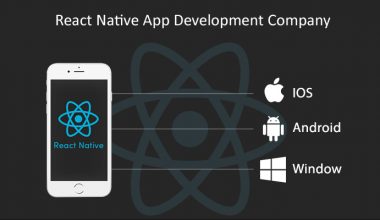Almost every major tech company is making a bet on smartwatches.
We’ve heard rumors of an Apple iWatch for a while now. We have knowledge of Google working on a smartwatch. Executives at Microsoft’s suppliers in Asia told Bloomberg last month that the company asked them to ship displays for touch-enabled watch devices. LG is reportedly working on a smartwatch, and so is Samsung.
But if any company is going to succeed in the market, it sounds like it’s going to be Samsung or Apple, or maybe even both.
“Samsung and Apple are traditional hardware companies and have spent nearly the last decade combining powerful technologies into the smartphone,” Skooks Pong, VP of technology at Synapse, tells Business Insider.
Synapse is the engineering firm behind the Nike FuelBand. About a decade ago, Pong worked on early prototypes of Microsoft’s SPOT smartwatches.
“[Apple and Samsung have] been able to overcome challenges like extending battery power, while minimizing its size and they’ve combined multiple technologies like Bluetooth, GPS and NFC into a small piece of hardware,” Pong says.
Pong notes that the smartwatch will present similar challenges to smartphones because of its small size. In order for a smartwatch to truly appeal to the masses, it will also need to do more than just send notifications to your wrist.
“It’s about introducing a device that consumers never even knew they needed, like Apple did with the iPod,” Pong says. “Because of the need to combine sophisticated technologies into a body-worn device, based on their track record Apple or a Samsung would be better poised to create a transformative device. But with Google, you can’t ever count them out.”
The latest rumor about the Google smartwatch is that Motorola would manufacture it for them. That makes sense, given that Google acquired the company for $12.4 billion last year, though initially just for its patents. for its hardware expertise.
Google hasn’t had much luck with its hardware products. Its Nexus phones sales could not even compare to the iPhone. And then there was the Nexus Q, Google’s very short-lived media streaming device.
Motorola hasn’t fared much better. Since Google’s acquisition, Motorola has not had any “hit” products. By the end of last year, Motorola’s market share fell from 2.2% worldwide at the time of the purchase to 1.7%.



